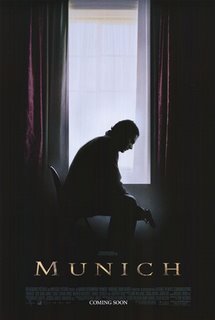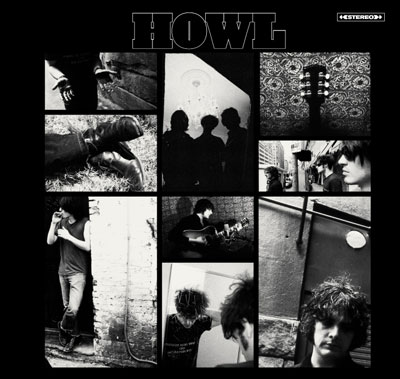This week I was hanging out with this Jewish American guy and he brought up a point I can’t stop thinking about. He is a well educated man—a medical doctor as a matter of fact—about 40 years old. Over a pint, he mentioned something about disliking German people. Hearing this blatant racism coming from educated person, I was a bit shocked. I asked why he felt this way, and he replied, “haven’t you ever heard of a little thing called the Holocaust? Someone named Hitler and his friends that killed a few million Jews?”

Of course I can understand being angry or upset about the Holocaust, and my sympathies lie with the Jewish people, but to hate all German people because of it? This to me seems a little… misaligned.
“What about the German people who had nothing to do with the Holocaust? What about a German kid that was born just 5 or 10 years ago, someone who had nothing at all to do with Holocaust, someone who wasn’t even alive at that time? Does that mean you dislike him or her, too?” I asked.
This guy replied affirmatively. In his opinion, the blood debt that Germans owe to the Jews transcends generations. Puzzled, I really tried to understand both sides of the issue:

On one hand, it could be argued that a person shouldn’t be held accountable for the deeds of their ancestors. Why should they be? They weren’t there. They had no part in the decisions that were made. Why should one person be held accountable for what transpired decades before they were even born?
On the other hand, how can we say that the good or evil one commits in life is nullified by one’s death? When Hitler died, did that make everything OK for the Jews? When Genghis Khan died, did all the millions of families he was responsible for slaughtering just say, “well, it’s all OK now. He’s dead, so we can just move on with our lives”? Of course not. That’s just stupid. But who can be held accountable? His children? His race? His countrymen?
How many people have to die to avenge a blood debt?
Let’s return to the Jewish Holocaust—what would make things all right between the Germans and the Jews? Would killing 4 million Germans make everything OK? How many Iraqis must be killed before the Bush administration is satisfied? If Osama Bin Laden, the admitted mastermind behind the Sept 11 attacks, is caught, tried, executed or whatever, will that make it OK for the families who lost members in 9/11? Conversely, do the Iraqi people have a right to hate me, an American, for what’s going on in their country now? I am adamantly opposed the war, but do you think that means anything to them? For generations to come, Iraqi people will most likely hate my children and my children’s children. Will their deaths justify the thousands of Iraqis being killed now by American troops?

Steven Spielberg’s film Munich deftly addresses this issue and also brings another point into focus—once you have the gumption and wherewithal to set the wheels of vengeance into motion, how can you stop them? When is a blood debt avenged? Who’s to say?
Consider the issue of repatriation—paying African Americans money as a way of apologizing for slavery… this concept seems ridiculous to me. Slavery is an unforgivable crime, and giving people money as a way of saying “sorry” is what I would call, “too little, too late.” It seems like more of an insult than anything. How can you assign a monetary value to something like that?
In light of these issues, I have to ask the question: is it even possible to right the wrongs of the past?
These questions have no easy answers. What’s disquieting, too, is that when I asked numerous people from a variety of backgrounds about this blood debt theory, almost all of the older (and assumedly, wiser) people (over 40) agreed with my friend—that a blood debt is carried by future generations, meaning that our children have to pay the evil we create. Encouragingly, many of the people under 30 I spoke with were more in favor of peaceful resolutions; in favor of forgiveness; in favor of studying history, learning from it, and moving on; in favor of seeing the past as something to be learned from, not something to be avenged. I just hope that we, as the younger generation, can retain that mindset when we are slighted in the future.








